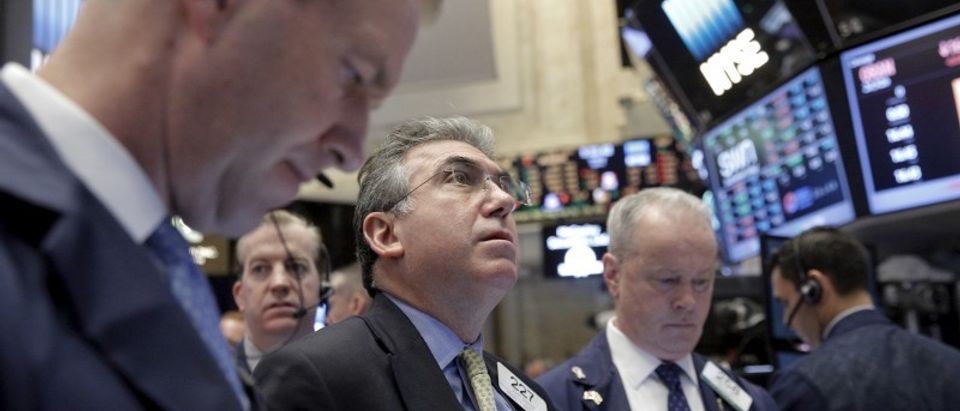With “jobs and the economy” topping concerns of Americans who have exited the voting booth thus far in 2016, trade has emerged as one of this election’s strongest undercurrents, offering candidates a convenient scapegoat for other policies that have failed to grow the economy and improve the purchasing power of millions of working Americans.
While support for free trade is a common casualty in presidential politics, the narrative allowed to persist is routinely a false one, a version of reality that belies economic truths that have been confirmed for hundreds of years, namely, freedom of commerce benefits participating countries and raises living standards, and removing barriers to trade improves economic efficiency, even when some countries fail to reciprocate. Conversely, countries who close themselves off to trade are left significantly behind, often for decades, with paralyzed economies.
Much of the misconception around trade relates to the idea that a trade deficit with another country is de facto harmful. If another country’s markets are less open than ours, both countries would benefit if barriers were lifted. However, a trade deficit with a particular country is in itself meaningless, merely a measure of one link in the global supply chain. Also left out is the capital account surplus these transactions generate. When we import from another country, they accumulate dollar-denominated assets, which offset any deficit in the trade account. Those assets are investments that fuel future economic growth, improve productivity and raise living standards over time. The trade deficit is, in part, a reflection of our country’s strength as an international destination for capital.
The subject of jobs is where trade is most sensitive. Trade can produce real pain for communities and families in concentrated areas when facilities close and move to lower wage countries, often with effects that linger for many years. These struggles raise important policy questions about how to avoid rapid disruptions, or how to help families relocate, re-train, and obtain income assistance for certain trade-related losses. They bring to the fore the larger educational system changes that might endow communities with more relevant and flexible work skills that attract new businesses.
However, trade on net does not win or lose jobs, it alters the mix of jobs available, the benefits of which are more diffuse and therefore less politically recognizable. As renowned economist Milton Friedman taught us, the objective of our economic progress is not jobs alone, but the most productive jobs we can have. Trade fosters the division of labor such that it puts our talents to their highest use. Industries that must compete in the market fair much better over time, and pay their workers better wages. Those protected forestall inevitable pressures to adjust and adapt. Friedman demonstrated that when we face a country hurting us through higher trade barriers, and we then engage in reciprocal tariffs, we only hurt them and ourselves further still. What’s more it doesn’t work.
The shift of U.S. producers to less labor-intensive mixes of products and the evolution to higher skilled, technology-enhanced manufacturing, for example, is exactly what we would expect and desire over the long term. While employment in the manufacturing sector is down from its peaks, manufacturing output in the U.S. is higher now than it has ever been. The flow of jobs overseas has topped out and the sector continues to recover from steep losses attributed to the Great Recession that began in late 2007. After years of outsourcing, many firms are, in fact, deciding to move operations back to the U.S. in order to be closer to customers. The U.S. appears to be getting to the other side of a rough adjustment.
The world economy today is being pulled by American leadership, grounded in our liberties, rule of law, and freedom of commerce with nations around the globe. The dialogue on the campaign trail offers a simplistic outlet for an understandable frustration – an economy that has not produced adequate rising wages and living standards — but the story being told has the potential to undermine the critical role that economic freedoms play in our dynamic economy, in our future economic strength, and in furthering the interests of the United States by creating peaceful partners around the world, not to mention helping to lift millions in underdeveloped nations out of poverty.
Continuing to lower barriers to trade in other countries will be important. A better understanding of how to help communities and families adjust to trade challenges would be welcome. Candidates also need to be careful that the sentiment expressed on the trail does not undermine a fundamental source of American economic strength.
Michael J. Marshall is president of Marshall Consulting, LLC and a former advisor to Senator Bob Dole.


